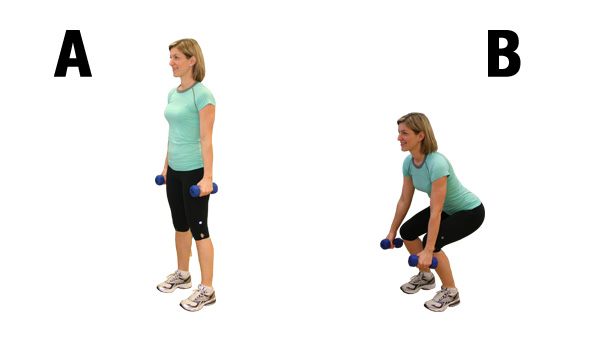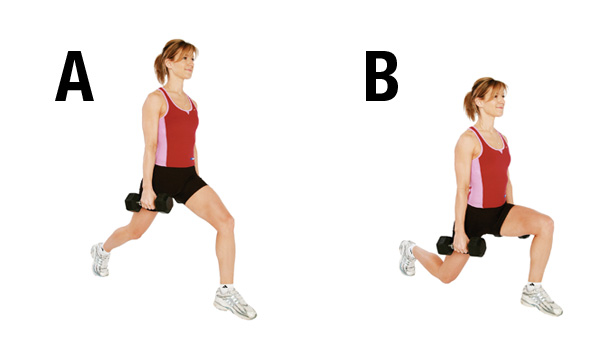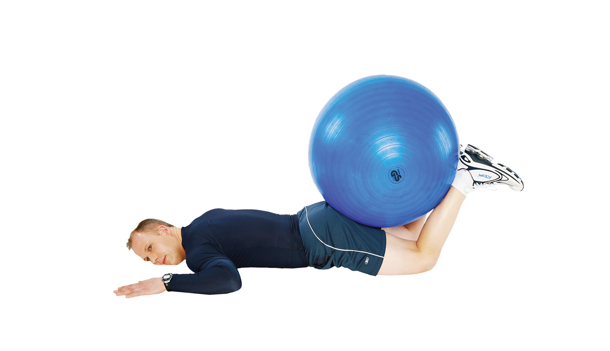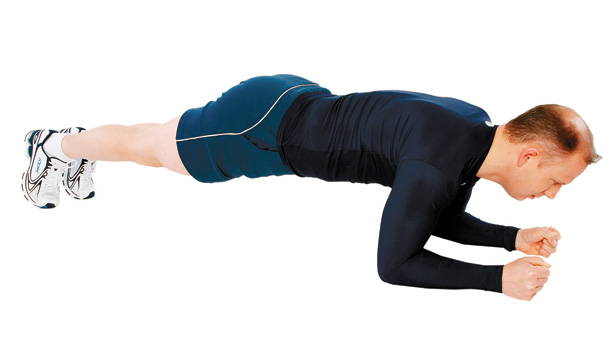
Have you been running on a regular basis for several months? Are you ready for a new challenge? Why not register for the Montreal Half-Marathon which will be held on September?
First Step: Registration for the Half-Marathon
Once that’s done, the real challenge begins. Becoming a runner is not a trivial undertaking. We become one with effort and dedication and specific training methods. In order to take on such a challenge, you must have several months of running experience under your belt. You should be able to run with a certain amount of ease on a regular basis at least 3 times a week for a minimum of 30 minutes each time.
Now that summer is here, you can easily train outdoors. You can train during your summer holidays. On rainy days, stay on track, go to the gym. No matter where you are or where you’re going, you can always train as a runner. All you need is a pair of running shoes.
Let’s go!
Set a date three months before the start of the marathon, you should aim for 4 runs per week for these 3 months. The running intensity you should achieve at every outing will be based on your heart rate, which in turn will determine your running pace. Of your 4 outings per week, two can be run continuously and should last 30 to 40 minutes, another can be slightly longer (60 to 75 minutes and more nearing the month of August) and an interval training method can be applied with the last 45 minute run of the week.
For every training session, you should be at 70% and 75% of your Maximum Heart Rate (MHR). When performing your interval training session, you can aim between 70% and 85% of your MHR.
Determine your maximum heart rate (MHR)
All you need to do in order to assess your MHR, to then determine your Target Heart Rate (THR), is to take a maximum effort test (inquire at your fitness center). If this is not an option, you can use the Karvonen Formula, which takes into account your Resting Heart Rate (RHR– which is best measured when you first wake up in the morning by counting heart beats within 60 seconds) and your MHR, which you determine by subtracting your age from 220.
Karvonen Formula: (MHR − RHR) × %Intensity) + RHR = THR
Example:
This calculation will determine the THR of a 30 year old whose intensity should be between 70% and 85% of the MHR. This individual has a RHR of 50 beats per minute.
MHR = 220 – age: 30 = 190
Apply the Karvonen Formula:
- 70% MHR = (190 – 50) X .70 + 50 = 148 beats/min
- 85% MHR = (190 – 50) X .85 + 50 = 169 beats/min
This individual’s target heart rate zone is therefore between 148 and 169 beats per minute. As a result, when this individual runs at 70% of the MHR, a rate of 148 beats per minute should be maintained throughout.
Wrap it up with weight training
It would be best to include weight training to your program. This will allow to build up the necessary muscle groups and will improve your performance and strength with every stride. Here are a few exercises that can be done three times a week, and this, following a run.
Exercise 1: Weighted
Target areas: Legs
Accessories: A set of 8 to 10 lb dumbbells
How many: Two to three sets of 10 to 15 repetitions
Execution: Stand with the dumbbells in your hands on each side of your body, with your feet at shoulders width (A). Squat down by bending at the knees while pushing your glutes backward. Your knees must not go past your toes in this position. Your arms will slightly come to the front during the flexion (B).
Exercise 2: Alternating front lunge
Target areas: Legs
Accessories: A set of dumbbells
How many: Two to three sets of 20 to 30 repetitions.
Execution: Step one foot forward, bending the front knee to 90o. Position the back leg so that, in the starting position, the knee is just below the hip. Fully extend both legs without locking the knees. Return to the starting position without releasing the load. Repeat with the other leg.
Exercise 3: Leg curl
Target areas: Legs and glutes
Accessories: Exercise ball
How many: Two to three sets of 10 to 15 repetitions.
Execution: Wedge the ball between the heels and the back of the thighs and squeeze the ball hard with the heels (leg curl). Hold the contraction for 1 or 2 seconds and release. Repeat.
Exercise 4: Plank
Target areas: Abdominals and back
Accessories: None
How many: Two to three sets of maximum time
Execution: Contract the abdominal muscles and keep the legs, torso, and head in good alignment. Avoid letting the lower back sag.
Exercise 5: Superman
Target areas: Latissimus dorsi and extensors.
Accessories: None.
Repetitions: One set of 12 repetitions.
Execution: Lie face down on the ground with your arms bent over your head at an angle of approximately 30° in relation to your body. Your body should form a Y (A). Lift your arms as high as possible (B). Return to initial position.
For more information on what type of exercises or program you should be doing in order to accomplish your goal, we suggest you consult a personal trainer who will better adapt your workouts according to your specific objectives and fitness level.
Ready, Set, Run!!
Models: Karine Larose, Martin Lacharité
Training program for the Montreal Half-Marathon is a post from Nautilus Plus. The Nautilus Plus blog aims to help people in their journey to fitness through articles on training, nutrition, motivation, exercise and healthy recipes.
Copyright © Nautilus Plus 2012
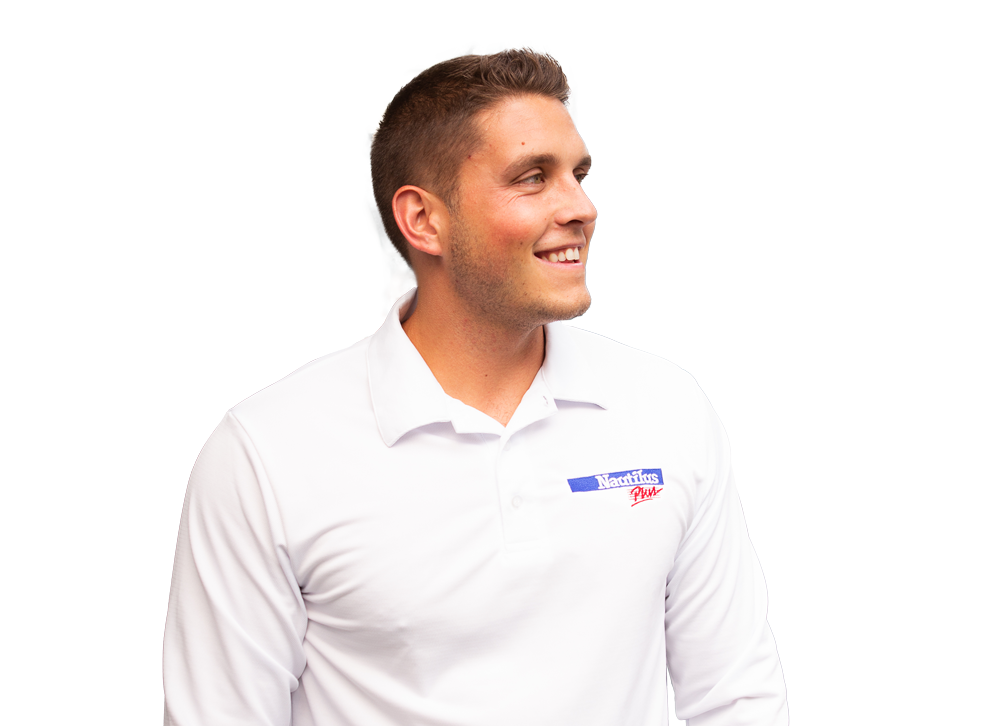
A session with a personal trainer will help you to progress!

Let's determine your fitness goals together and get some expert advice!
Make an appointment with a personal trainer
